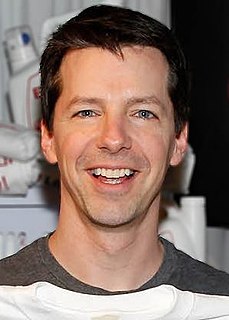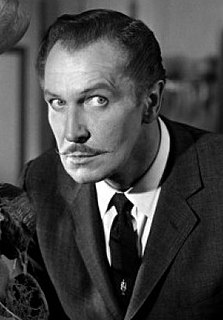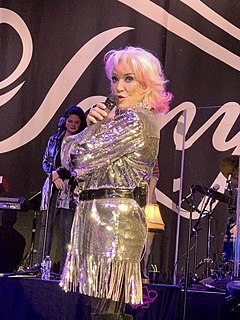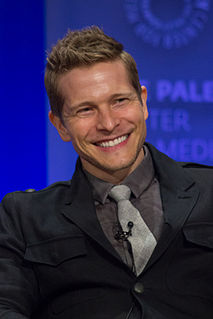A Quote by John McGahern
Among its many other obligations, fiction always has to be believable. Life does not have to suffer such constraint, and much of what takes place is believable only because it happens.
Related Quotes
You have to do three things really well to make a successful film. You have to tell a compelling story that has a story that is unpredictable, that keeps people on the edge of their seat where they can't wait to see what happens next. You then populate that story with really memorable and appealing characters. And then, you put that story and those characters in a believable world, not realistic but believable for the story that you're telling.
In creating the strange milieu in which your story takes place, you must first understand as well as you possibly can the familiar milieu in which your own life is taking place. Until you have examined and comprehended the world around you, you can't possibly create a complex and believable imaginary world.







































